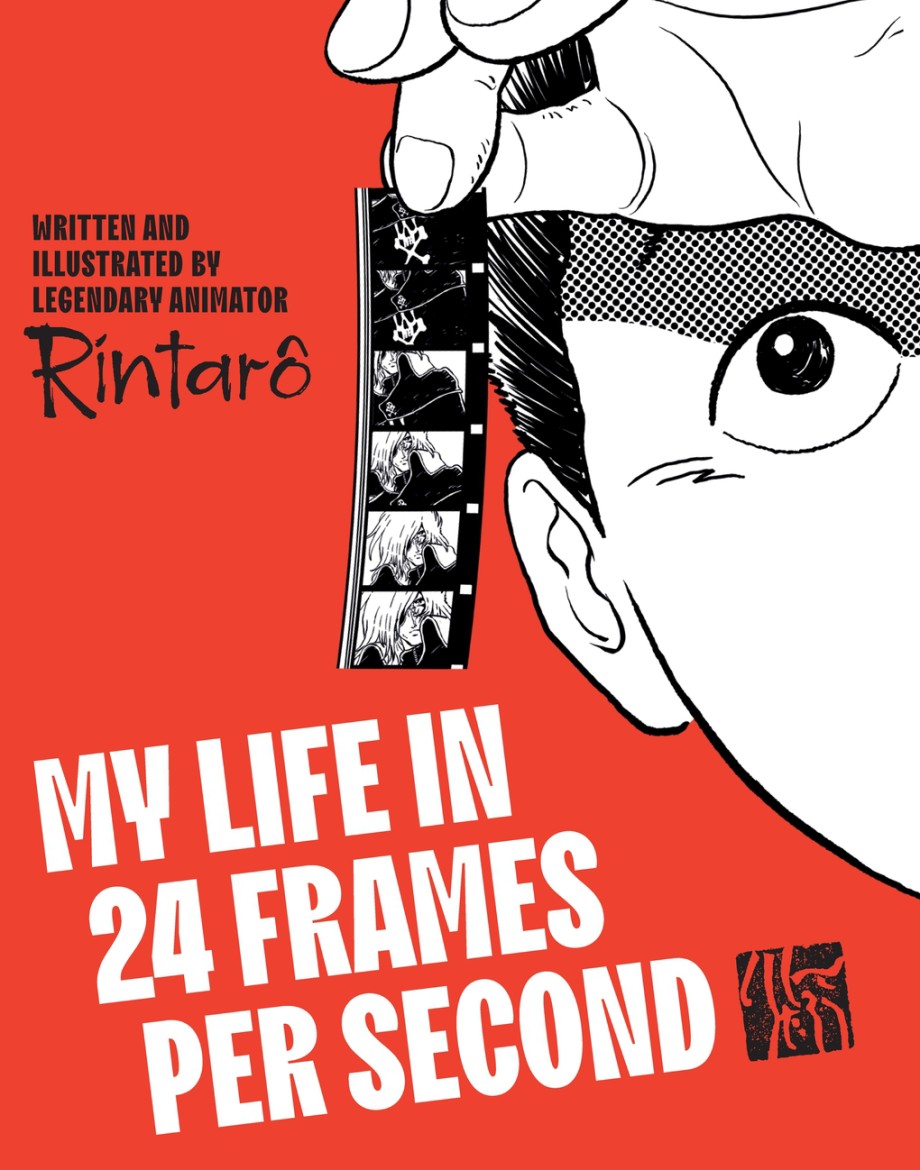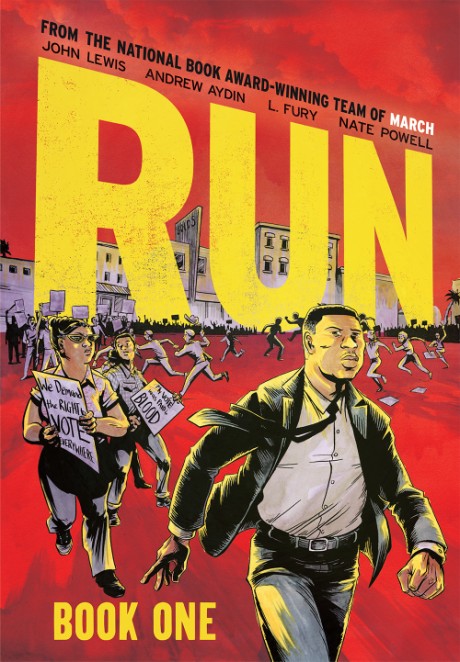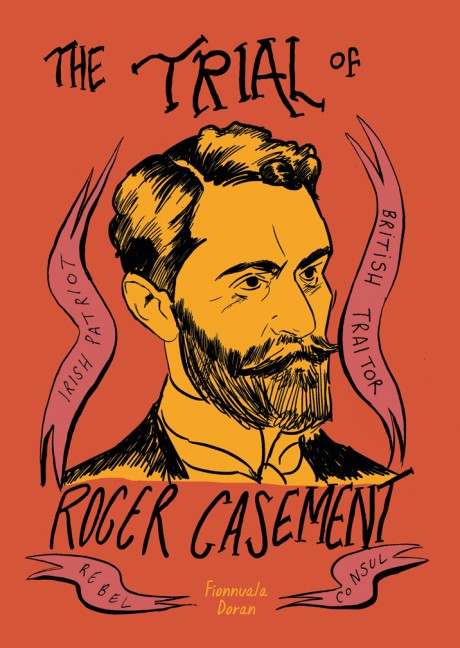An autobiography penned in manga form from legendary anime director Rintaro, spanning his postwar childhood, his directorial debut, and the subsequent hit series and films, up to the present day
The unsung legend of Japanese anime, Rintaro.
Born in 1941 in Tokyo, Rintaro joined the Japanese animated film company Toei Animation in 1958 at the young age of 17. Even in his humble beginnings, when he was involved in putting the finishing touches on the animated film Legend of the White Serpent, Rintaro made unfathomable waves for anime as we know it, with Hayao Miyazaki citing it as a core inspiration in becoming an animator and director rather than a manga artist.
In 1960, Rintaro transferred to Mushi Production, an animation studio established and overseen by the “god of manga” Osamu Tezuka himself. He made his directorial debut with the TV anime Astro Boy (1963–66) and served as the chief director for the first-ever full-color TV anime in Japan, Kimba the White Lion, which aired from 1965 and made peerless contributions to the development of technical Japanese anime culture during its early years.
Rintaro returned to Toei in 1977 and began work on Jetter Mars. In 1978, his directorial work on Space Pirate Captain Harlock caught the attention of the then-president of Toei Animation, leading to his appointment as the director of the theatrical version of Galaxy Express 999. Released in 1979, this film became a record-breaking hit.
After being chosen by Haruki Kadokawa to direct Genma Wars in 1983, Rintaro shifted their main activities to studio Madhouse, directing major films such as The Dagger of Kamui, Yona Yona Penguin, and the critically acclaimed Metropolis.
A unique journey that will take us from postwar Japan to the release of the film Metropolis in 2001, My Life in 24 Images per Second is a journey filled with encounters, opportunities, endless nights, jazz, cigarettes, but above all, cinema. Follow Rintaro’s memoir as key milestones in the history of Japanese animation are unearthed in insightful clarity.









